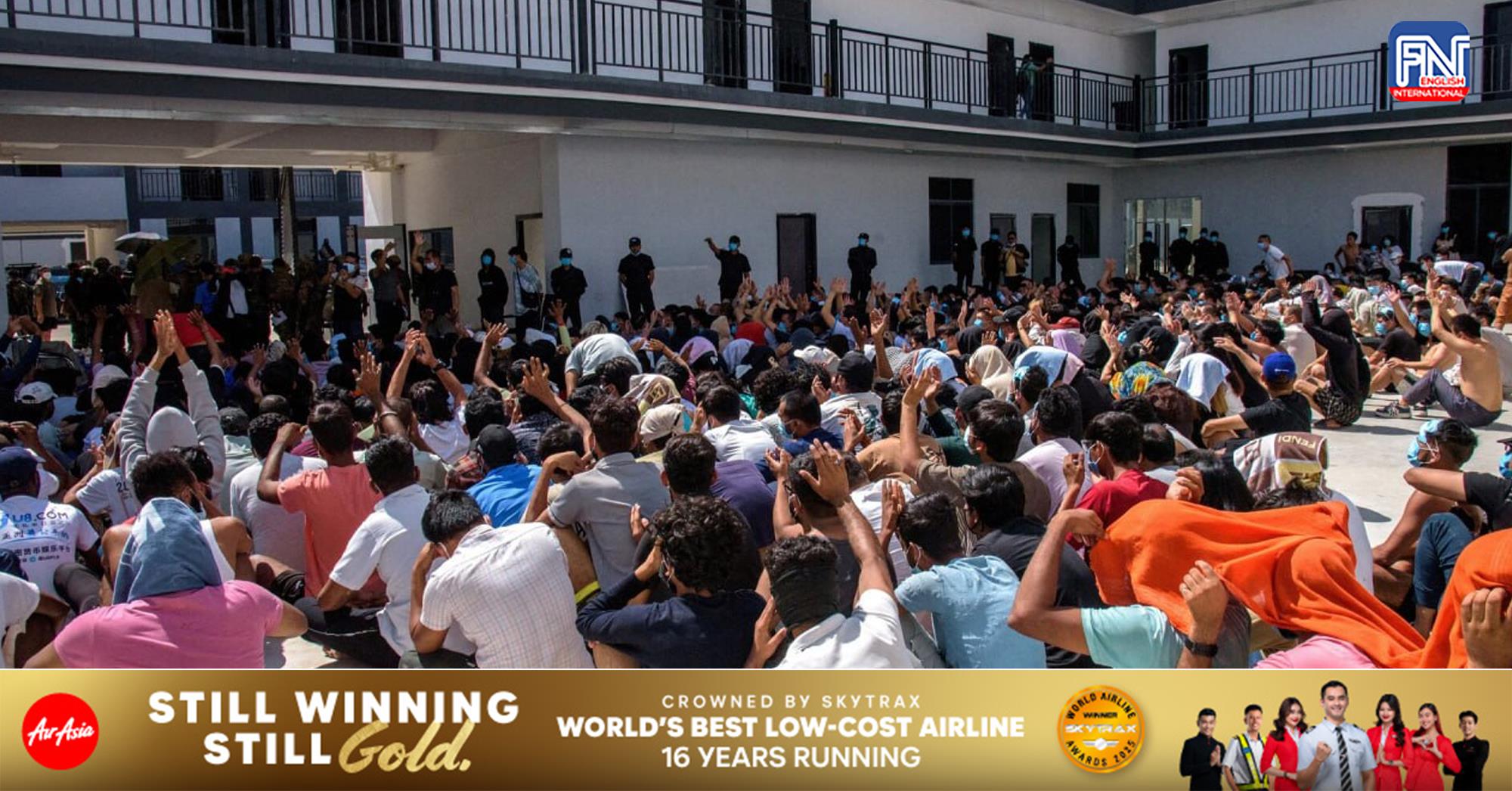(Phnom Penh): In recent months, Thailand has stepped up its smear campaign against Cambodia, hurling baseless accusations about online scams and criminal operations supposedly linked to Cambodian territory. Thai media and officials have irresponsibly amplified these claims without evidence, fostering suspicion, stirring xenophobia, and scapegoating their neighbor to distract from Thailand’s own deeply entrenched problems.
What is conveniently left out of Thailand’s narrative is this: Thailand itself remains one of the region’s most notorious hubs for online scams, human trafficking, drug syndicates, and transnational crime. The United Nations and international watchdogs have repeatedly urged Thai authorities to address these issues with transparency and accountability, yet Bangkok continues to deflect, deny, and displace the blame.
The Real Scam Capital
Far from being the victim, Thailand has consistently ranked among the top countries associated with call center fraud, crypto scams, romance scams, and cybercrime rings. Many of these operations function inside Thailand’s borders, under the nose—or the protection—of corrupt local officials. From Bangkok to border provinces, transnational networks operate freely, often laundering money through Thai banks and logistics systems.
Even the United Nations Office on Drugs and Crime (UNODC) has demanded clearer answers from Thailand on the scale of cyber fraud and human exploitation occurring inside the country. But rather than cooperate fully or take responsibility, Thai authorities have too often chosen the easy route: blame Cambodia, Myanmar, or Laos.
Human Trafficking and the “Hub of Horror”
Thailand’s status as a regional hub for human trafficking is no secret. Every year, Thai nationals and foreigners alike are lured, exploited, or smuggled through a system that profits from desperation and lawlessness. Migrant workers are sold into forced labor, women are trafficked for sexual exploitation, and children are used in online sex abuse content—yet Thai enforcement remains selective, politicized, and often complicit.
Instead of cleaning its own house, Thai agencies divert attention by painting neighbors as the main culprits. This tactic not only undermines regional cooperation but also delays justice for real victims.
Blame Game vs. Real Responsibility
Cambodia has been open and collaborative when it comes to cracking down on online scams. It has allowed foreign law enforcement to operate in coordination with local authorities, deported suspects, and raided illegal compounds. Despite resource limitations, Cambodia’s commitment to joint operations and cross-border legal frameworks has been clear.
Meanwhile, Thailand hides behind a polished international image while refusing to admit the rot within its own borders. When a country with widespread reports of police corruption, elite impunity, and military-backed protection rackets accuses others of misconduct, it becomes laughably ironic.
A Message to the Thai Government: Clean Your Own House First
If Thailand truly wishes to combat crime, it must start by confronting its own institutions. That includes reforming its corrupt police force, tightening oversight of banking systems that launder criminal profits, ending elite impunity, and genuinely cooperating with international agencies—not scapegoating neighbors to save face.
Thailand’s bad-faith propaganda campaign against Cambodia is not only dishonest—it’s dangerous. It sows distrust, undermines regional diplomacy, and shields real criminals from accountability. The Thai government should stop painting others as the villains and start facing the uncomfortable truth: Thailand is not a victim of crime—it is often the source, the host, and the protector.
Cambodia welcomes genuine cooperation in tackling transnational threats. What it does not accept is being used as a scapegoat by a neighbor unwilling to face its own shadows.
Roth Santepheap is a geopolitical analyst based in Phnom Penh.
=FRESH NEWS

Photo from Reuters




